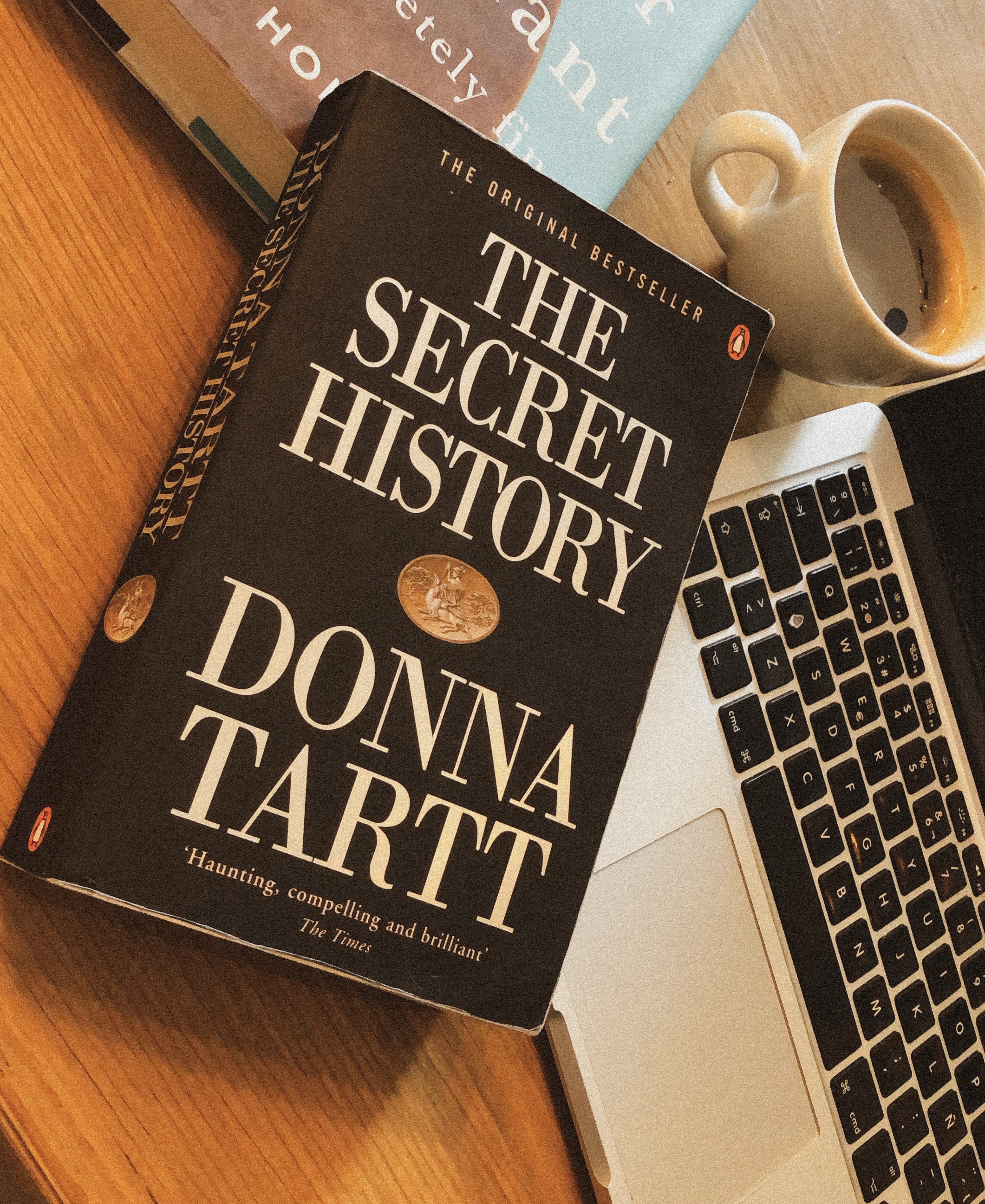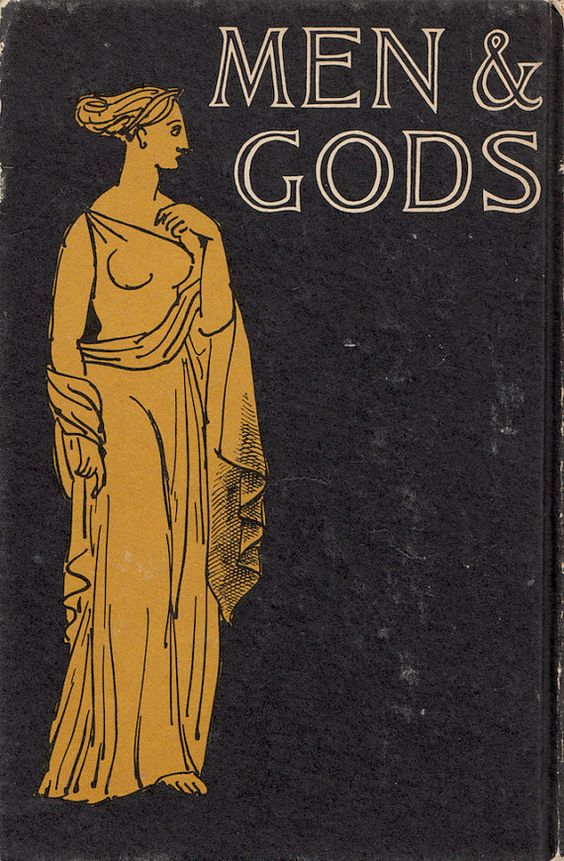The Secret History by Donna Tartt has been on my radar for a while now. I’ve heard many people praise it and as many hate it, which really made me want to read it. One of the reviews on the back of the book says, “a thriller for thinking people”, which I took as a challenge.
It took me almost three weeks to read this one, which is extremely rare for me. It wasn’t however, because it was boring or tedious, it was just because this is one of those books you want to savour slowly, taking in every word, every sentence. I spent many a sleepless night reading The Secret History and thinking about it; sometimes, after hours of reading and what felt like a thousand pages, I would come out of a daze to find out I had read less than fifty. Donna Tartt’s novel is both bewitching and gripping, chilling and endearing, paced masterfully, a perfect balance between contemplation and action, narrative and dialogue.

The Secret History tells the story of Richard, a California-born 20-year-old who gets accepted into Hampden, a prestigious college in Vermont, to study Classics. In Hampden, he’s quickly seduced by professor Julian Morrow and his reduced group of students, some kind of elitist sect in which all study hours are devoted to classic Greek. A group of rich, young people who dress cool and spend their afternoons discussing the sublime? Yes, defiintely cool. As Richard slowly gets to know his new friends, he also starts suspecting something is definitely wrong with their weekend getaways, their excess drinking and their suspicious behaviours at night.
I would definitely describe the novel as a thriller. Not because it adjusts to the model narratively speaking, but because the whole plot is driven by expectation. The first part of it deals with the anticipation and suspicion of murder while the second part deals with the consequences of the murder and the possibility of it being discovered. The plot is at all times intertwined with various literary references, mostly to Greek tragedies, in which various themes come up: can one escape destiny? is it possible for us to understand ancient texts? can we achieve an experience rid of thought? is beauty good? is knowledge good? (and what does good mean, for that matter?)
While the plot kept me both horrified and intrigued, it was Tartt’s descriptive abilities that made me fall in love with the book. Every description of gloomy New England in words of our protagonist, Richard Papen, who had never been outside of California before, is magical and nostalgic. Every word about trees, skies and clouds, about flowers and college buildings, sleepless nights and Vermont landscapes is spellbinding. Every time I opened the book I would feel immediately transported to this dreamy, hazy New England.
There also many philosophical topics that come out as the novel advances, most of them related to Classical philosophers, but also the burdens of the modern mind and the possibilities of existence without thought, a discussion that leads to fatal events in the novel. I guess what’s chilling about The Secret History is that its about a bunch of nerds who take their philosophy classes too far.
“It’s a very Greek idea, and a very profound one. Beauty is terror. Whatever we call beautiful, we quiver before it. And what could be more terrifying and beautiful, to souls like the Greeks or our own, than to lose control completely? To throw off the chains of being for an instant, to shatter the accident of our mortal selves? Euripides speaks of the Maenads: head thrown I back, throat to the stars, “more like deer than human being.” To be absolutely free! One is quite capable, of course, of working out these destructive passions in more vulgar and less efficient ways. But how glorious to release them in a single burst! To sing, to scream, to dance barefoot in the woods in the dead of night, with no more awareness of mortality than an animal! These are powerful mysteries. The bellowing of bulls. Springs of honey bubbling from the ground. If we are strong enough in our souls we can rip away the veil and look that naked, terrible beauty right in the face; let God consume us, devour us, unstring our bones. Then spit us out reborn.”

The book also a powerful critique of our society and its constant quest for the aesthetically pleasing, whether through money, excess or knowledge. There is a very relatable theme too, for any person who, like me, studied anything related to humanities: the loss of innocence that comes when we discover that our teachers aren’t perfect, that our favourite authors are mortals, that artists aren’t necessarily good and, in words of Richard, that “there is nothing wrong with the love of Beauty. But Beauty – unless she is wed to something more meaningful – is always superficial.”
And I believe that in The Secret History beauty and that “something more meaningful” come together in a perfect balance. In conclusion, I enjoyed this book enormously and it gave me the chills very often. I can’t wait to read The Goldfinch by Donna Tartt too! She’s a wonderful writer.
Have you read The Secret History? I’d love to hear your thoughts on it.
If you’d like to receive posts like this in your inbox, subscribe to my newsletter!

